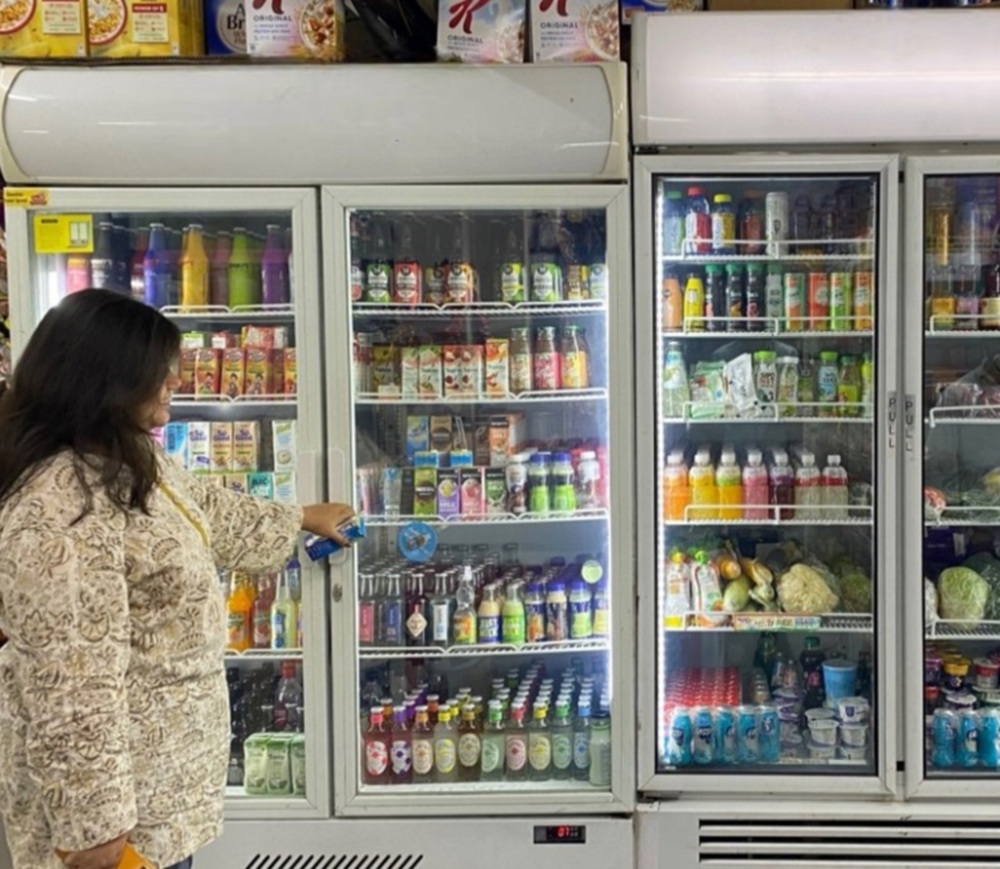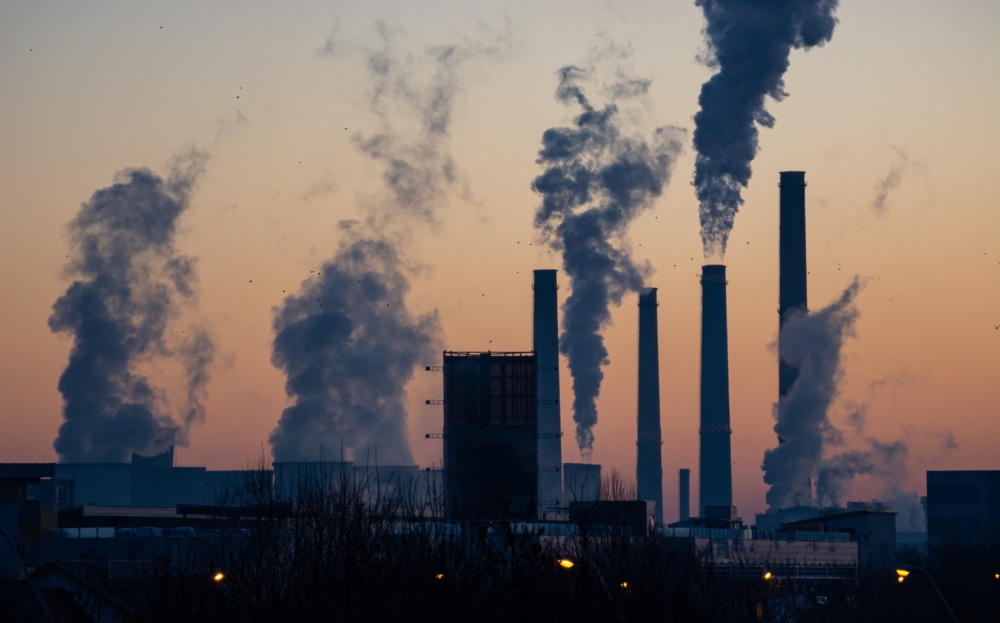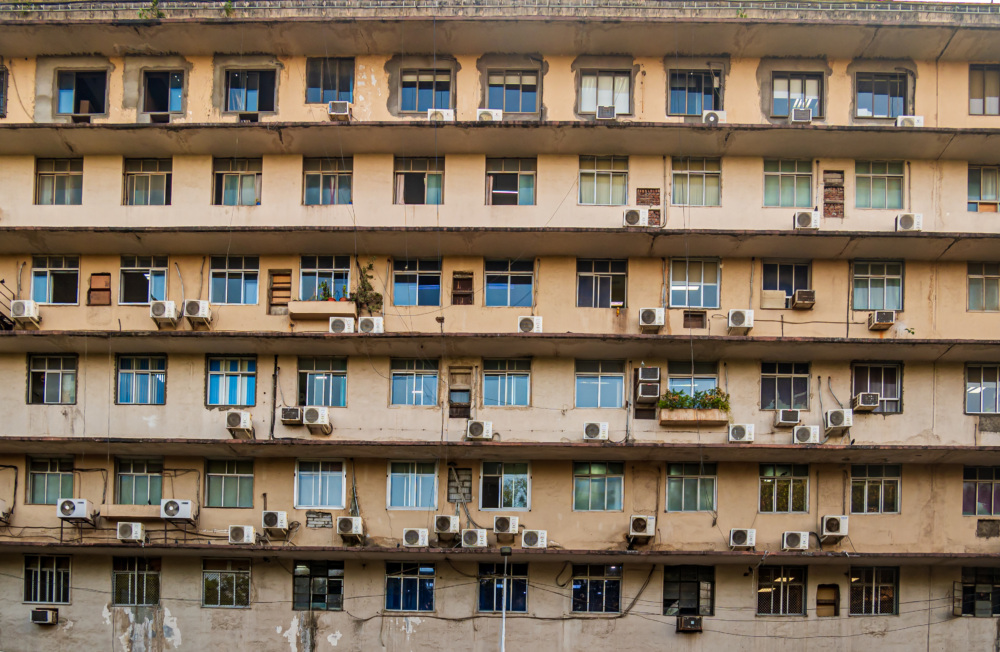Transforming the Cookstoves Market through Standards & Labeling in Kenya
Summary
Download Report
Fill out the form below to activate file downloads
The private sector, the government of Kenya, and local and international NGOs, including the Clean Cooking Association of Kenya and the Global Alliance for Clean Cookstoves, seek to transition Kenyan households to cleaner and more efficient stoves and fuels to improve health and reduce environmental impacts. This transition, in part can be enabled through the implementation of standards and labeling (S&L) policies and programs. Well-designed standard programs transform markets by removing poor- performing or low-quality products, while labeling programs encourage and empower consumers and other buyers to make informed decisions about the products they purchase. S&L policies and programs exist in a variety of types, often enable complementary market transformation projects, and can be adapted to most cultures, countries, and markets.
The status of the cookstoves market in Kenya indicates that S&L policies and programs can support the goal of substantially increasing consumer uptake of cleaner and more efficient cookstoves (also referred to as improved cookstoves, or ICS).
The following key findings were gathered from conversations with cookstove stakeholders, and influence the approach to devising and implementing a cookstove S&L strategy in Kenya:
- The national ICS market is growing but not yet mature.
- Improving accuracy and timeliness of testing would benefit all stakeholders.
- Government is engaged in the cookstoves policymaking process and political will exists at multiple levels.
- Multiple, overlapping S&L policies and programs are in existence or development, and need to be coordinated.









